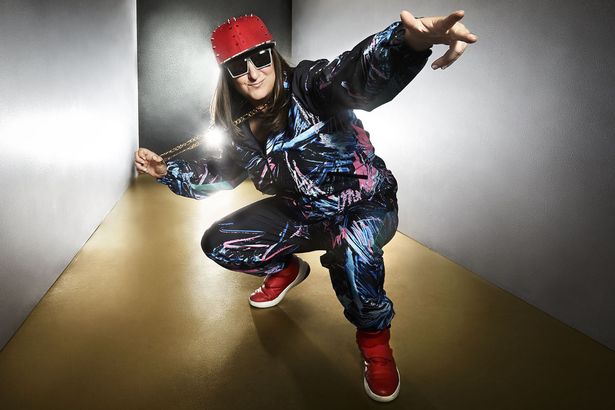
Following the latest finale of The X Factor, Dan Martin ponders the highs and lows of the evergreen format.
It’s telling that so many of the guest acts featured in this year’s finals of The X Factor (UK) emerged either from previous seasons of The X Factor itself or from another one of Simon Cowell’s formats.
The first big moment of the weekend came from One Direction’s Louis Tomlinson, performing his solo debut just days after losing his mother. The finalists’ duets saw 5 After Midnight join the stage with 2015 winner Louisa Johnson; and Matt Terry with the show’s own Nicole Scherzinger, herself a reality graduate. Adam Lambert, performing with Saara Aalto, came from American Idol, and the grand, pre-results finale, the biggest platform of the weekend, went to Little Mix. Only The Weeknd and Kylie Minogue can claim to be untouched by Simon Cowell’s fingerprints.
When The X Factor is bad television, it comes up with credible pop music
Cynics may rightly or wrongly denounce Cowell’s hegemony of pop music – but a fitter analysis may be just that he was the first to master the new reality of how pop is A&R-ed these days. Reality television may be accused of cruelty, but perhaps no more so than the humiliating casting couches of old.
It’s through this prism best to look at The X Factor’s varying fortunes in recent years. It’s widely held that the show’s peak came in 2010, considered by many fans to be the last truly great series. It boasted characters like Katie Waissel and Wagner, Dannii Minogue was still there, Cheryl was in her pomp, so there were certainly glimmers of The X Factor of old.
The show started to realise it could move away from variety towards something more current, with artists like Aiden Grimshaw channelling Twilight, and most crucially 2010 was the year of One Direction. That was when it stopped being about being a fun Saturday night TV show and became a quite serious, even credible A&R pool for Cowell, often at the expense of decent television. The producers strived to make everything modern and edgy. When this fell flat, all that was left were the more cynical elements. This course reached its nadir with 2015’s unloved series, featuring Nick Grimshaw and Rita Ora on the panel.
But there is a big ‘but’.
Though the show’s ratings might have dropped, it was still doing its job for Cowell extremely well. The single greatest X Factor winning act, Little Mix, came out of the Gary Barlow years. So did Fleur East. And Ella Henderson. Louisa Johnson from 2015 had a decent hit with Clean Bandit, and Amelia Lily and Union J have proved durable chart material.
In short, the theory goes when The X Factor is bad television, it actually comes up with pretty good, sometimes amazing, credible pop music.
This year, the show flipped back again, almost as if Cowell had realised the game is up. Nobody is expecting Sharon Osbourne or Louis Walsh to have their finger on any kind of modern pulse, the thinking went, but they make great telly, and the emphasis year was plainly on the fun factor.
The new-old panel, completed by the returning Nicole Scherzinger, was the most effective in years. Novelty acts like Honey G and Brattavio were once more. This felt like The X Factor of old again; and crucially it did not find itself plagued with press stories about plummeting viewership. This may have had as much to do with saving the show as putting some clear water between it and the soon-to-launch ITV version of The Voice, which would almost certainly never feature an artist like Honey G.
And yet, as the series progressed, something else happened. It has started to look like the show, with acts such as 5 After Midnight, will come up with credible, modern, popstars. Saara Aalto looks certain to achieve great things on the West End at least, for which she was clearly made. The winner Matt Terry must overcome the curse of doomed male X Factor winners (Leon Jackson, anyone?) but he’s off to a good start with an Ed Sheeran-penned winner’s single.
It remains to be seen whether any of that transpires. But the way the signs are pointing, Cowell and Co might be able to have their cake and eat it.
Daniel Martin is a pop culture journalist, screenwriter and self-confessed geek.
